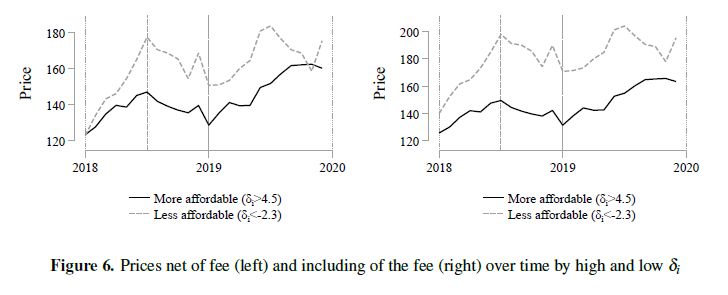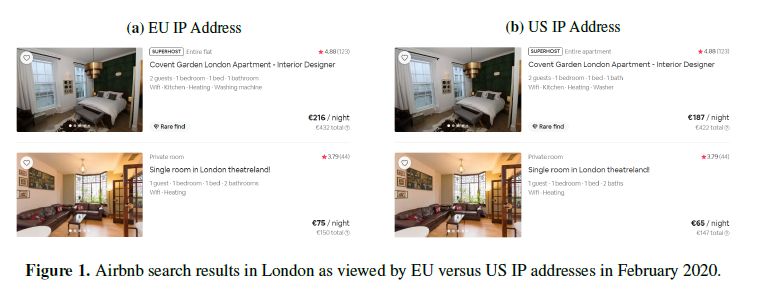
Website: https://michelangelorossi.github.io/
Check out the full paper: papers.ssrn.com/sol3/papers....
We uncover a fascinating mechanism linking transparency to pricing strategies in digital markets. Feedback and thoughts are welcome!
Check out the full paper: papers.ssrn.com/sol3/papers....
We uncover a fascinating mechanism linking transparency to pricing strategies in digital markets. Feedback and thoughts are welcome!
Price transparency isn’t universally good or bad. While it reduces search costs and obfuscation, it can also lead to price increases in some cases. Regulation needs to consider both demand-side and supply-side effects carefully.
Price transparency isn’t universally good or bad. While it reduces search costs and obfuscation, it can also lead to price increases in some cases. Regulation needs to consider both demand-side and supply-side effects carefully.

• Listings with high cleaning fees reduced them by 2-4% post-policy.⬇️
• But listings without cleaning fees raised their nightly prices by 5-6%.⬆️
Why? Greater transparency let some hosts realize their prices were too low, prompting increases.
• Listings with high cleaning fees reduced them by 2-4% post-policy.⬇️
• But listings without cleaning fees raised their nightly prices by 5-6%.⬆️
Why? Greater transparency let some hosts realize their prices were too low, prompting increases.

#Ecommerce #Ratings #ConsumerBehavior #ManagementScience #DataScience #IMDb #MovieLens
#Ecommerce #Ratings #ConsumerBehavior #ManagementScience #DataScience #IMDb #MovieLens


